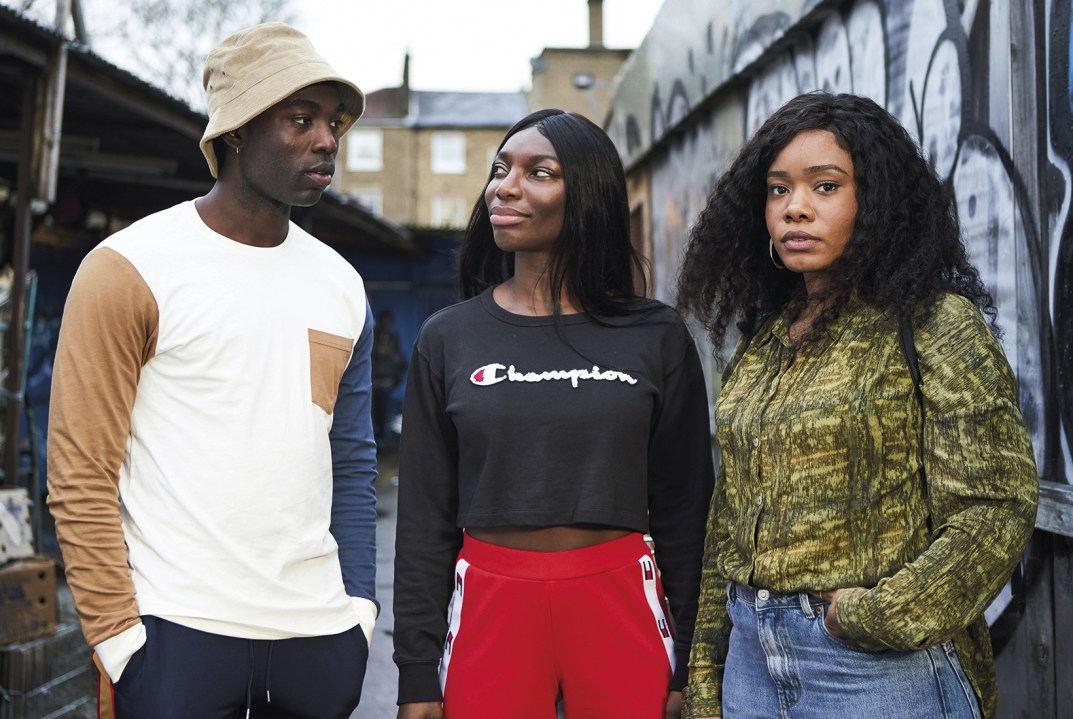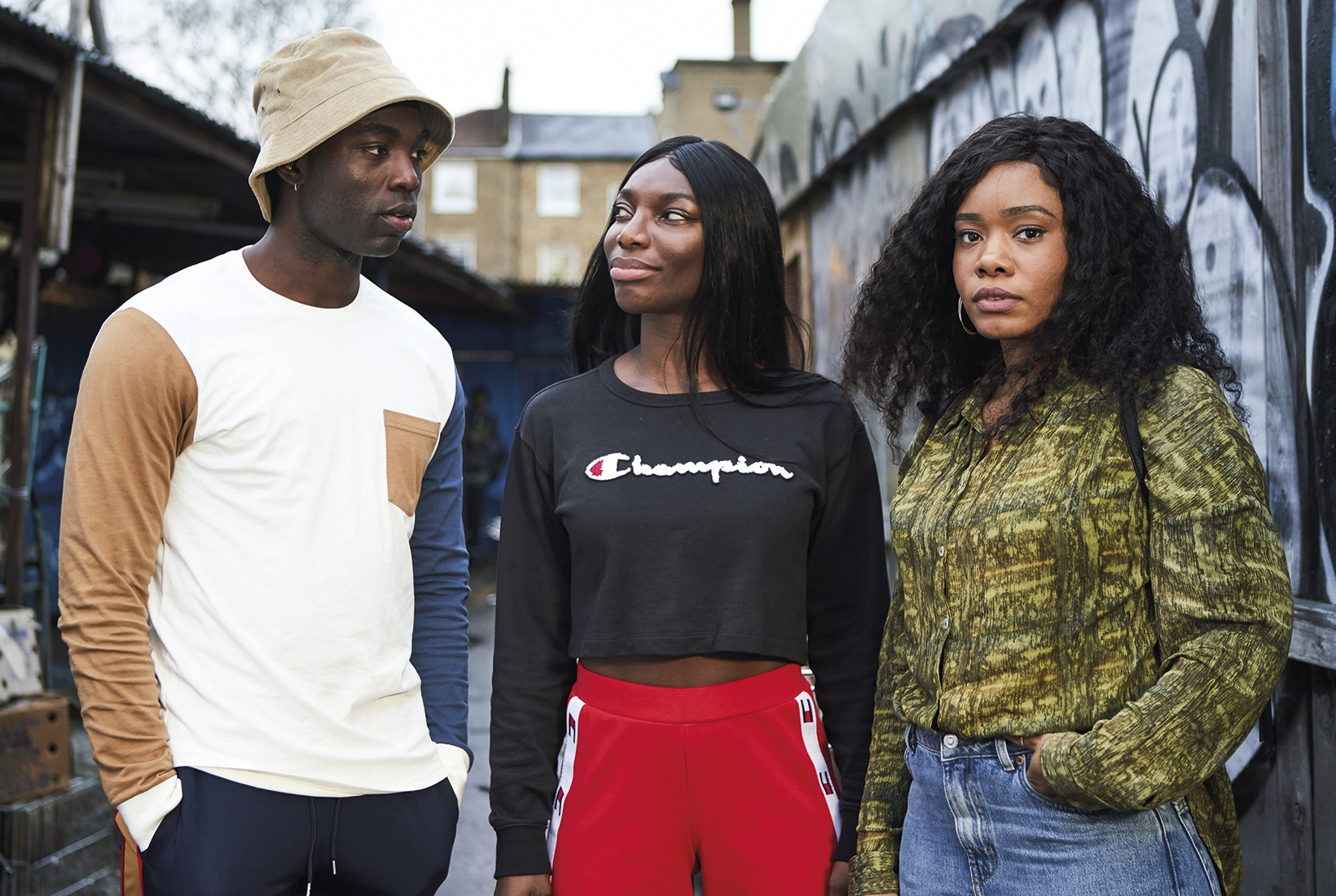It might seem a bit of a stretch to see deep similarities between Michaela Coel (young, female, black and currently very fashionable indeed) and the late Philip Roth (increasingly discredited as an embodiment of all those phallocentric white guys who once ruled American fiction merely because they were great writers). Nonetheless, this week’s television made it hard not to. On Tuesday night, as an adaptation of Roth’s The Plot Against America began on Sky Atlantic, Coel’s I May Destroy You was serving up a dazzling final episode that confirmed how Rothian the series has been.
For one thing, the main character Arabella, played by Coel herself, was — like many a Roth protagonist — not just a writer, but a writer concerned with transforming autobiographical experience into the kind of fiction that, in a tricksy twist, is partly about its own creation. The show, by now famously, was based on a sexual assault Coel suffered after her drink was spiked. The same happened to Arabella in episode one and for the rest of the series she wrestled with how best to write about it (or, in other words, how best to write the programme we ended up watching). The conclusion she came to in that final episode was pretty Rothian too: that having so many different and sometimes contradictory ways of telling her story was her story. After finally identifying her attacker, Arabella/Coel dramatised three possible endings to see which of them best represented her feelings, before firmly suggesting that they all did.
It’s hard not to see deep similarities between Michaela Coel and Philip Roth
Throughout the series, the assault was also the springboard for a full-scale rumination on all our current cultural concerns (or obsessions). In lesser hands, this could have meant a dreary and dispiriting recitation of received wisdoms: black people and women good, white people and men bad etc.








Comments
Join the debate for just £1 a month
Be part of the conversation with other Spectator readers by getting your first three months for £3.
UNLOCK ACCESS Just £1 a monthAlready a subscriber? Log in